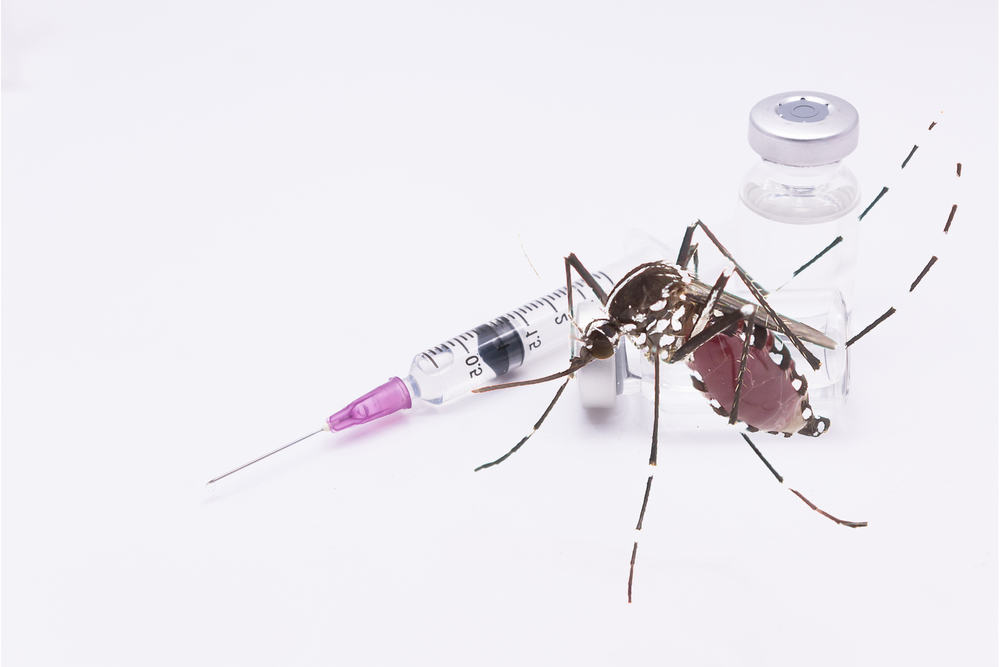
Anthony S. Fauci, director of the National Institute of Allergy and Infectious Diseases (NIAID), recently published an article in the New England Journal of Medicine, discussing the unusually large outbreak of yellow fever in rural Brazil and how the situation needs careful attention by world health authorities.
Fauci, along with the article’s co-author Catharine I. Paules, notes that a vaccine for yellow fever has been available since 1937 and is 99 percent effective against virus infection. Even though a vaccine is available, the virus still accounts for an estimated 84,000 to 170,000 severe cases and between 29,000 and 60,000 deaths annually.
Symptoms of yellow fever can include high fever, hemorrhagic manifestations, kidney failure, liver malfunction and jaundice.
The authors detail that the current outbreak is a manifestation of the jungle transmission cycle where forest-dwelling mosquitoes spread the virus mostly through non-human primates and that humans only serve as incidental hosts. When the virus appears in urban environments, it is typically spread throughout the bite of an Aedes aegypti mosquitoes.
Fauci and Paules suggested local clinicians inform themselves about yellow fever symptoms and to adopt a high-suspicion for diagnosis, particularly among individuals who recently traveled to the affected areas.
The outbreak continues to spread as Zika virus, another mosquito-borne disease, also affects various countries throughout the Americas.




